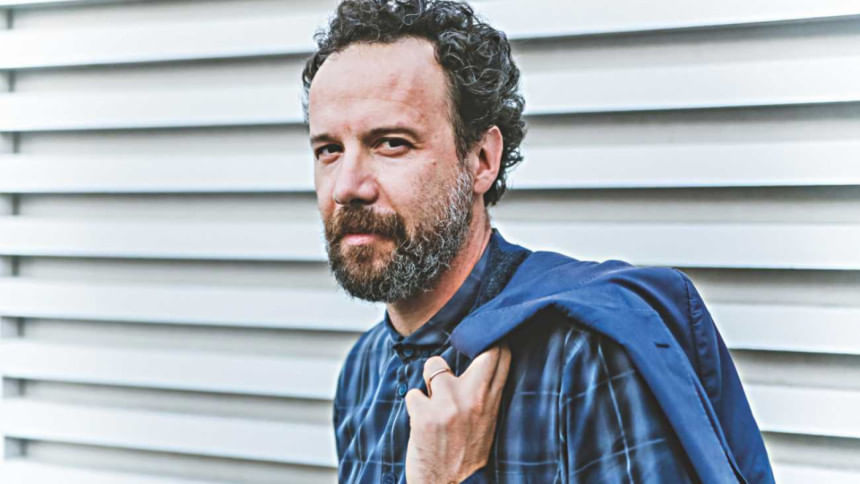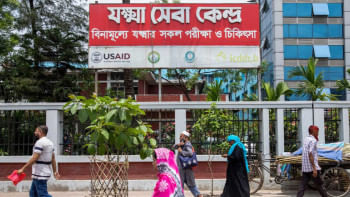Carlo Chatrian

Congratulations on Locarno Festival 70th iteration. What makes Locarno unique from other film festivals around the world?
All through its long history Locarno Festival has remained as a place of distinction. It has always provided wonderful opportunities for new directors and actors to be discovered.
Both Locarno and Cannes Film Festivals have stepped foot on their 70th year. How do you think Cannes has established itself as such as spectacular brand? What similarities does Locarno have with Cannes, and what is the major difference?
A unique aspect of Locarno is the amazing open-air ring called the Piazza Grande where we do movie screenings. It is a place where a community of famous professionals as well as simple viewers can thrive together. In Locarno, both the public and the professionals can mix and share their opinions. What Locarno has in common with Cannes is that there is always a great selection of works. International film festivals receive thousands of films every year and they make harsh selections among those many entries. In the end, what they show are the best of the years. That's for any festival, be it Cannes or Locarno.
Tell us about some of the biggest highlights of Locarno Festival's history.
Directors such as Abbas Kiarostami, Marco Ferreri, Jim Jarmusch and many others had been launched here. Locarno Festival has given them the opportunity to start their careers. Also, the Locarno Festival was one of the first festivals to give room to retrospectives. It was one of the first to present not only new films, but also pay tribute to Eastern cinemas. Still now, it is one of the festivals where the retrospective plays a major role, and is quite successful at that. It also travels all around the world, examining various cultures and in the future, will be featured at places like France's La Cinetek, New York Film Society, The National Gallery of Washington, etc. This is another peculiar aspect to Locarno history. Locarno has been a place for discovering not only great directors but also new cinematography. We have been featuring cinemas of Eastern Europe from early 60s. Then we moved to 5th generation Chinese directors in the 90s, and more recently with some directors like Lav Diaz who won the "Golden Leopard" here, and some unique directors from Argentina. This showcase of special talents makes Locarno Festival truly one of a kind.
What surprises do you have in store for this year's festival?
We have two kinds of surprises. For the people who come to Locarno, there will be a new theater after many years. There will be three new screening rooms and a new building called PalaCinema, where the new office of the Festival will be, along with other rooms and venues. There will also be new sections, namely "Locarno Kids", for the younger audience, and also "Locarno Talks", devoted not to show films but to bring people who do not have strict relationship with the world of films. It will provide general discussion as counterpoint to the screening of the film. This means Locarno is becoming, little by little, a place of experience, and not only a place where you can make an experience, where that experience is not only related to the screening. One big event I have to mention is the first-ever screening of a lost film named La telenovela errante by Raúl Ruiz that will be a part of the main competition this year. While it may be 27 years old, it is still new because nobody has seen it. To me, that film is very modern in theme and its use of cinematic language.
Locarno's "Open Doors" initiative has been very well received. Will you encourage participants from the regions even after their time periods have ended?
For me, "Open Doors" is a way to be more aware of the directors working in other countries. This is the kind of knowledge we now have and we will keep with us. We will keep having very good relationship with the producers of those regions. Of course, after every three years we move to a different region so we can't economically support with awards, but the contact will still be kept.
What can we expect from the Locarno Festival in the future?
I hope that Locarno will always be able to surprise the audience. I believe that even in the future Locarno will remain to be a place for people who find themselves in lost cinema. I also think that Locarno will be a better place for experience as years go by. Along with the screening of the films, we will improve the places for Masterclass and meetings. My dream is to utilize new technology and even VR (virtual reality) in Piazza Grande, our most famous venue.
We are working on promoting international films here in Bangladesh. We are already working with Cannes, Rotterdam and other major film festivals in order to promote international standard films. Would you like to partner with us in order to promote these kinds of films, which will encourage young Bangladeshi directors to actually step up into the international stage as game changers?
I am very much open to such projects. We have done so in the past and will keep on doing so in the future. We will have to sit down and see, in practical terms what it means, what films, support, etc. But the overall answer is yes.
The interview was taken over the phone by Showbiz Desk

 For all latest news, follow The Daily Star's Google News channel.
For all latest news, follow The Daily Star's Google News channel. 



Comments